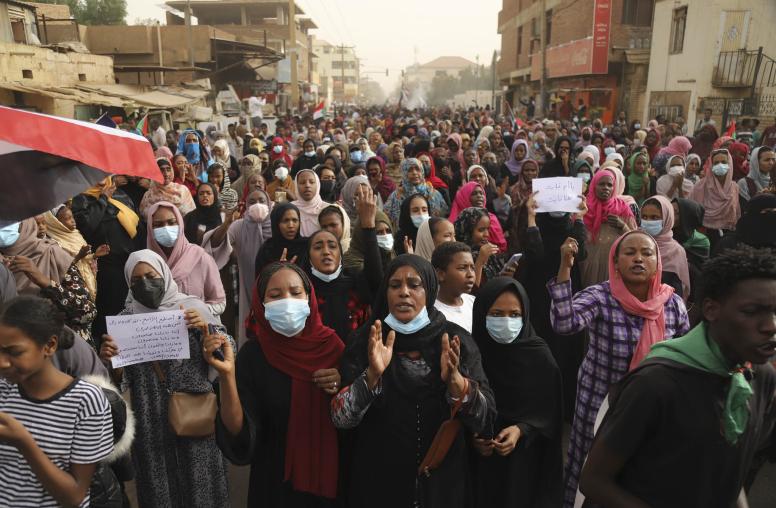Behavioral Science and Social Contact Peacemaking
Although social contact theory—the idea that encountering someone with a different group identity can lead to greater understanding, empathy, and trust—has become a bedrock of most peacebuilding initiatives in recent decades, doubts remain about whether such initiatives prevent violence. This report provides practical insights and recommendations for improving peacebuilding efforts by more effectively factoring an understanding of human behavior into the design, implementation, and evaluation of social contact interventions.

Summary
In the drive to make peacebuilding more effective, programs increasingly have been targeted at the structural roots of conflict rather than at the individual. Research on what works in practice has underlined skepticism in the technique that remains at the heart of the peacebuilding field—social contact theory, the principle of which is that encountering individuals from other groups can lead to greater understanding, empathy, and trust.
This report argues that social contact theory, far from being ineffective, simply has not been adequately supported with emerging insights from the study of human behavior. The report provides a framework to help identify behavioral patterns, address them with science-informed techniques, test them more rigorously, and scale them to ensure that changes in individual behavior are reflected in the peacefulness of entire societies. Effective action in social contact–based programs depends on three categories of participant behavior: coming forward to participate, staying engaged, and taking action in their communities once their participation is complete. Many peacebuilding program designers instead target attitudes or beliefs, thereby simultaneously underappreciating the impact they are having and missing opportunities to increase it further by closely analyzing the decisions and actions of their participants and designing programs to better support them.
In exploring the value of behavioral science to peacebuilding, the report provides practical insights and recommendations to improve peacebuilding efforts by more effectively factoring human behavior into the design and implementation of social contact interventions. Taken together, these highlight underexplored pathways to reducing violence at scale without resorting to more costly and complex solutions at the structural level.
About the Report
This report, which asserts that behavioral science is a complementary approach to innovation in any discipline, does not attempt to reinvent peacebuilding but instead focuses on what might be preventing certain types of peacebuilding programs from performing to their potential. It is supported by the Inclusive Peace Processes and Reconciliation program at the United States Institute of Peace (USIP).
About the Authors
Josh Martin is an internationally recognized expert in behavioral science as applied to peacebuilding, governance, and development policy. Behavioral design consultant Meghann Perez was previously vice president at ideas42 and worked at USAID’s Office of US Foreign Disaster Assistance and with UN agencies in sub-Saharan Africa. Ruben Grangaard is a monitoring, evaluation, and learning director at DAI and previously was a program officer on the Learning, Evaluation, and Research team at USIP.


